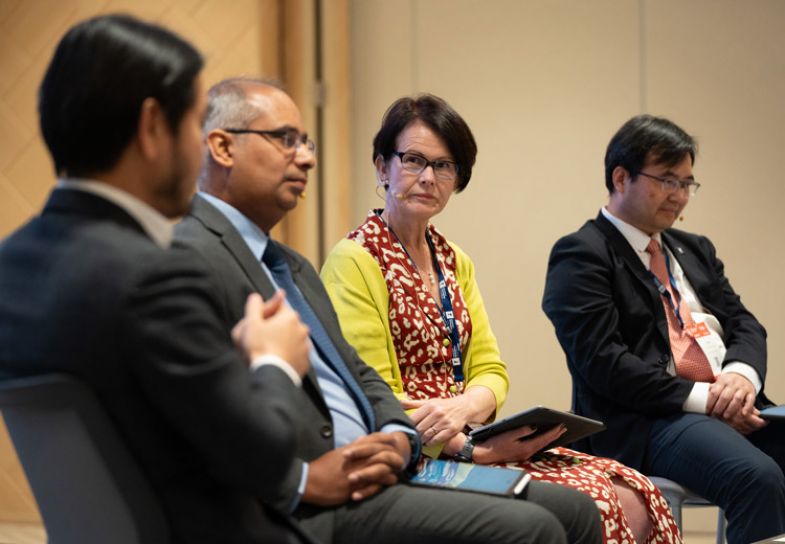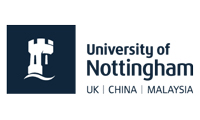
The more government, industry and higher education work together, the greater our chances are of securing a decarbonised future with growth that’s sustainable
Decarbonising our economies and remodelling industry for a sustainable future is a task that rests upon the success of deeper collaborations between industry, government and higher education. At a symposium, held in partnership with the University of Nottingham, at the 2024 THE Global Sustainable Development Congress in Bangkok, industry leaders discussed how such partnerships could operate on the ground.
The panel outlined some of the unique challenges faced by Indonesia, which illustrated the need for regulatory frameworks allied with technological innovation. This is one area where universities can partner with industry service providers and governments to establish frameworks for change.
More than 80 per cent of industries in this region are small and medium-sized enterprises (SMEs), many of which cannot access the technologies that sustainability requires. Bicky Bhangu, president of South-east Asia, Pacific and South Korea for Rolls-Royce, said it was critical that academia and government provided support and access to these businesses, ensuring that a sustainability agenda was delivered for all. “You can divide societies within countries if you don’t address sustainability from the bottom up,” he cautioned.
The UK-Indonesia Consortium for Interdisciplinary Sciences (UKICIS) takes a hands-on approach to bringing SMEs on board, building a consensus for change. UKICIS’s steering committee coordinator, Bagus Muljadi, said working with the government was key. “We were one of the first to develop a very formalised agreement with the West Javan government,” Muljadi said. “They provided us with a building where we could train SMEs to convert fuel-based motorcycles into electric motorcycles according to safety standards.”
Tao Wu, dean of the faculty of science and engineering at the University of Nottingham Ningbo, said that the research firepower of his institution was supplying industry with society-changing technology at scale. “We set up a joint laboratory with a local company,” he said. “It supplies 30 per cent of dyes to the global market, and through that partnership – just within a year – my colleagues helped the company develop a novel wastewater treatment technology to help the company meet the requirements for wastewater discharge.”
Bhangu said he could see similar innovations in action in aviation, where Rolls-Royce’s partnerships were pushing the envelope of what was possible in aviation engineering. He said that sustainable fuels were “low-hanging fruit” but presently about five times the price of regular jet fuel. Government action was required to incentivise change. With Rolls-Royce’s new UltraFan engine – its most efficient yet – and sustainable fuels, they could take a step change towards making aviation greener.
However, industry must generate the energy to synthesise sustainable fuels. According to Bhangu, small modular reactors provided a nuclear option for doing just that. “We have to look at the whole value chain. Then ensure we are not shifting the problem, that we are actually addressing it with technologies, with the right frameworks and the right government incentives.”
The panel:
- Bicky Bhangu, president, South-east Asia, Pacific and South Korea, Rolls-Royce
- Bagus Muljadi, assistant professor of chemical and environmental engineering, University of Nottingham
- Jane Norman, provost and deputy vice-chancellor, University of Nottingham (chair)
- Tao Wu, dean, faculty of science and engineering, University of Nottingham Ningbo China
Find out more about the University of Nottingham.


